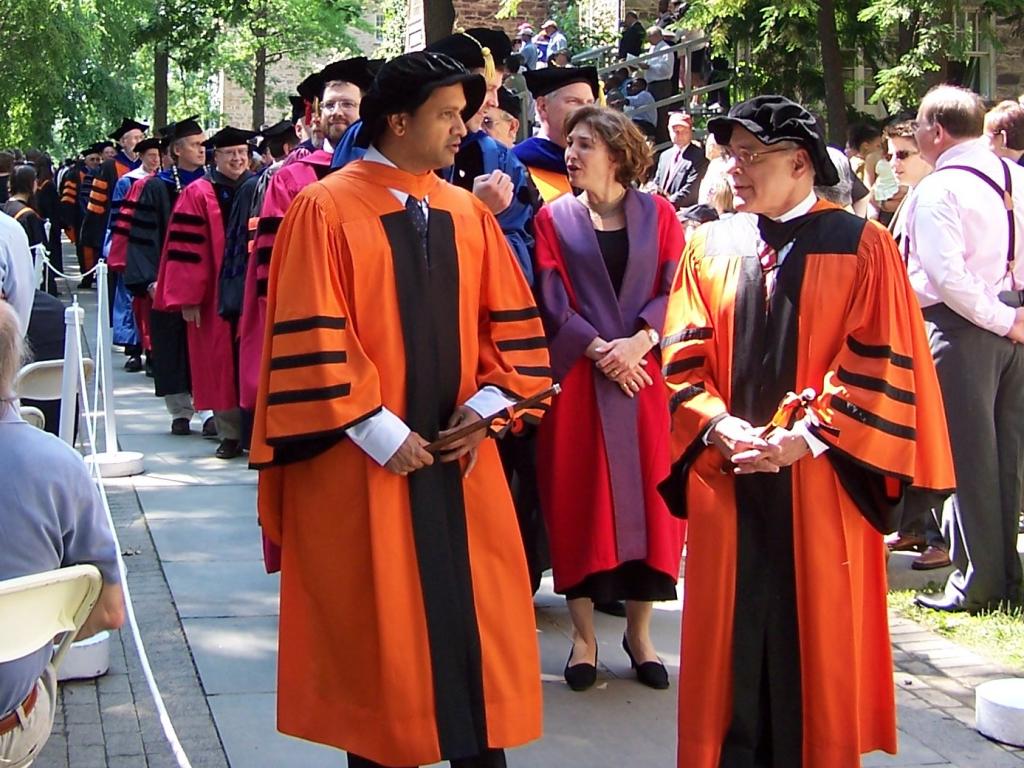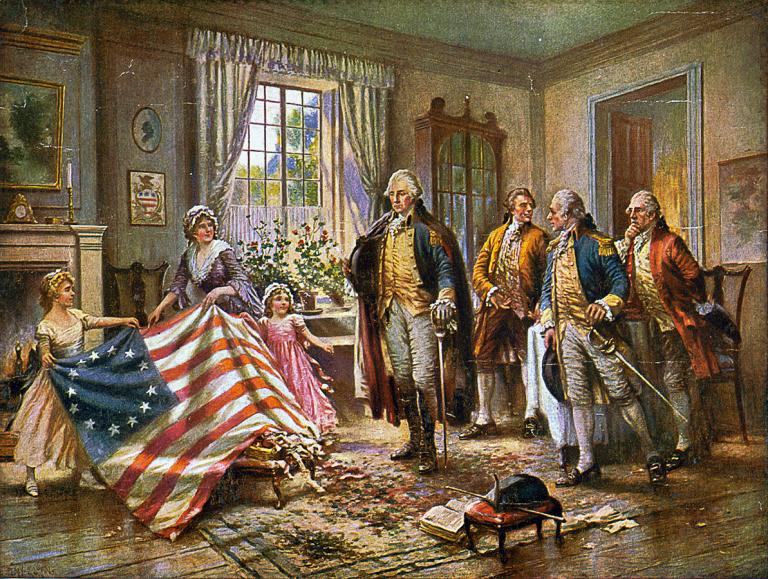The subtitle: My Year of HOPE and DESPAIR in a NEW YORK CITY HIGH SCHOOL (yes, that’s the capitalization on the front cover).
A quick synopsis: Ed Boland, a professional fundraiser for a nonprofit which aims to send talented inner-city poor kids to top-flight private schools, decides to move to the frontlines of the battle, by getting a teaching degree and teaching ninth-grade history in a high-poverty-neighborhood high school. He discovers that, all inspirational movies aside, it’s difficult to impossible to educate kids who don’t want to be educated, and, when at the end of the year he is offered, not just his old job back but a promotion to boot, he skedaddles back to his old world.
As a piece of writing, there were irritants: he is a gay man, and he weaves this into his narrative not just in the appropriate spots, such as the fact that it compounded his difficulties in classroom management, but with what really felt like excessive time telling us about the society/culture he moved in, and even telling the reader that the stress of teaching affected him, er, in the bedroom. And he had an odd, out of place, section on his time as an Ivy League admissions officer, which had the clever turns-of-phrase and descriptions of eager, even desperate, applicants that sounded so familiar that I tried to find that section again just now to see if I could google the text and see if it had perhaps been published elsewhere as a short essay online. Maybe it’s just that there are so many articles mocking Ivy League applicants that it all just sounded familiar.
But beyond that — he spent one year there, and, while he certainly didn’t have an obligation to stay put, that meant that the book largely takes the form of a series of anecdotes, with little connected story of any of the kids. I was convinced that he had assembled his blog posts into a book until I read the acknowledgements in which he said he wrote it during a “writer’s workshop.” And the stories he tells are nearly all just awful stories of irredeemable kids, but, at the same time, he had three classes of 30 kids each, but it’s hard to get a big picture from his series of anecdotes.
How bad, really, is the situation? Certainly, as a middle-aged middle-class (and culturally-gay) man with no experience dealing with insolent teenagers, he was at a serious disadvantage (among other things, he recounts being told to simplify his vocabulary), and, beyond his demographic characteristics, he just didn’t seem to have the sort of personal skills needed to succeed with this sort of teaching. But he describes the last straw that put him over the edge and sent him back to fund-raising: he helped to grade final, “regents” exams for the 10th grade history teacher whom he admired as seemingly experienced and skilled, and even she ended up (with a very generous grading scale for the essay), with a 53% average score.
And the tales of insolent students, of fights in the hallways or courtyards, of students with shockingly low writing ability, of the fact that, class period after class period, the best-case scenario was absence of disruption, but students sat in their seats without cracking a book or writing a single word (let alone doing homework!)– that can’t be written down to “he was inexperienced.” He also recounts parents being called in, excuses being made, due to a poor home life, but little progress made, with the exception of a few star students who were clearly out-of-place — as well as students on the roster who seldom, if ever, actually walked into the classroom.
At the end of his narrative, he concludes with a set of prescriptions. One is clear: “improve training and support for teachers.” He describes the fact that his graduate school education offered nothing in the way of classroom management, and his student teaching stint was woefully insufficient; his professors had little to no connection to actual classrooms — and this is indeed unacceptable. I’m not sure why this never changes, except that professors don’t want to lose their jobs in favor of more apprenticeship-learning time, and schools don’t want to spend more effort on mentoring new teachers. But some of his other prescriptions come from his pre-existing progressive politics, rather than his (one) year of experience: “integrate schools” (we tried that — remember bussing and white flight?), spend more money on poor-performing schools, spend more money on education R&D, “get teachers unions on board” (that is, pay them more to get them to agree to reform), provide all kinds of therapy to troubled/suspended kids, and, oh, by the way, “end poverty.” “End poverty,” eh? Sure, that’s an easy one (/sarc).
There’s no easy answer, and this book paints a woefully-incomplete picture of the problem to begin with. Are these kids even “fixable”? Is it just a matter of spending enough money, as Boland suggests (whether directly to the schools, or to their families via social welfare spending)? At what point do kids have to take responsibility for themselves?
So let me conclude with a request: after reading the recent articles on Saudi Arabia, I pulled out the most recent book in the library. Who’s got some recommended reading on this subject?
UPDATE: I googled “reject the state” admissions, and, in fact, the section on Ivy League admissions had previously been excerpted, in the New York Post, so perhaps I had read this previously!












